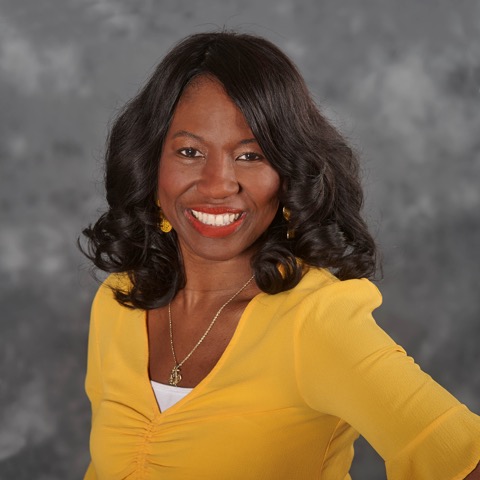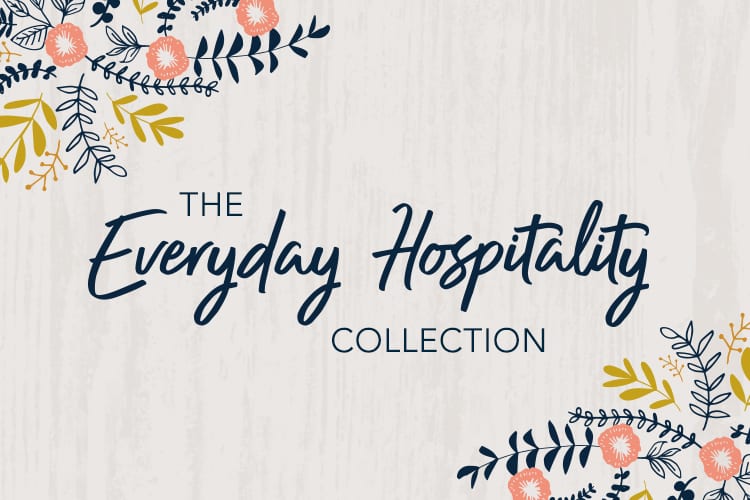A note from Kelly King: A woman in my church experienced the sudden passing of her husband a few months ago. I’ve watched the body of Christ minister to her in many ways, and she has been a wonderful witness to what the Lord is doing in her life. Even so, the road she is now walking is difficult. Reading Carolyn’s article today reminded me that some of the best things needed are presence and prayer. If you would like to hear Carolyn teach, she will be at the upcoming Chicago You Lead. For more information, click here.
When a woman has just lost her husband, what do you say? Most people don’t know what to say. The goal should be to comfort and console, but based on my conversations with friends who have lost their husbands, people often do more harm than good.
This past summer I had the opportunity to spend a week in Florida with a friend who had recently loss her husband of 28 years. What’s interesting is that I traveled there on a train, and the woman who sat next to me had lost her husband after 38 years of marriage. After listening to both of these ladies share their experience, I reached out to a close friend who had lost her husband 10 years ago. She had been married for 30 years, and I wanted to see if there were any similarities in what they shared.
The overall message that I kept getting from each conversation is that there needs to be more sensitivity given when interacting with women who have lost their husbands. Also, there are things that can be done that are helpful. The more recent the loss, the more sensitive one needs to be. One of the women expressed that hearing people refer to her as a widow right after her husband passed was difficult. When the loss is recent, the wife is still trying to process the fact that her husband is no longer living, and sometimes she is in denial. Having someone to refer to you as a widow right away can come across as insensitive.
Although every woman handles grief differently, each woman expressed things that people said to them that hurt, although the people didn’t mean any harm. Here are a few of those statements:
- “I know what you are going through.”
- “God needed more angels, so he called him home.”
- “He is in a better place and is not in pain anymore.”
- “You’re still young; you can marry again.”
One of the ladies also shared that someone compared the hurt of their divorce to the loss of her husband.
Here are a few things that are helpful when interacting with widows:
1. Simply offering a hug means a lot.
2. Be present and prayerful.
3. Prepare a meal and ensure that she eats.
4. Send a card, place a phone call, or send a text.
5. Take the time to share fond memories of her husband.
6. Provide opportunities to get out of the house or to take a trip out of town.
Keep in mind that timing is everything and that there is no cookie-cutter way to handle grief. One of the best things to do when interacting with widows is to be sensitive to their needs. Pray for wisdom on what to say and what to do. “For the Holy Spirit will teach you at that very hour what must be said” (Luke 12:12).

Carolyn Tatem is a native of Washington, D.C. Carolyn gave her life to the Lord at the age of twelve and has been committed to serving the Lord ever since. She serves in various ministries at the First Baptist Church of Glenarden. She is the director of The Queen Esther Ministry, a discipleship program for women. She has taught a variety of Women’s Focus Study classes and currently teaches middle school. She and her husband have a passion for marriage and helping singles to prepare for a successful marriage. She has written a book and workbook for married couples and a book for singles, Marriage from A to Z (Principles for a Successful Marriage) and Marriage from A to Z for Singles. In additional she writes a weekly post on the Marriage from A to Z blog. Carolyn has been happily married to her husband William for 20 years. Together they have three children.

